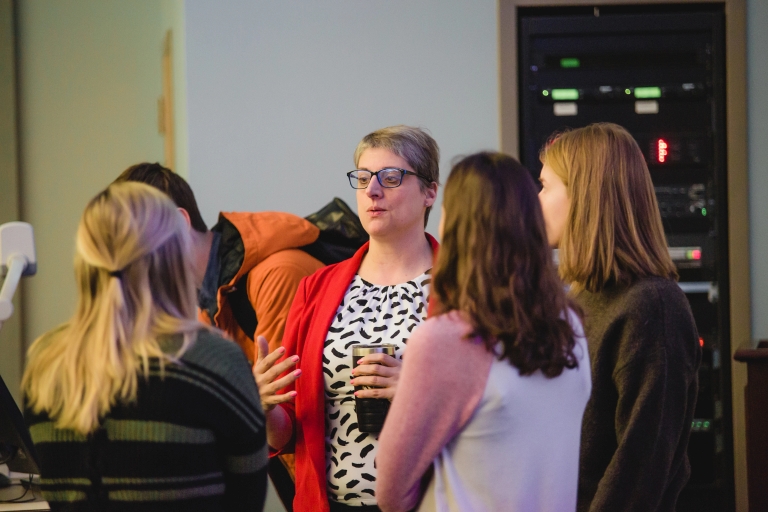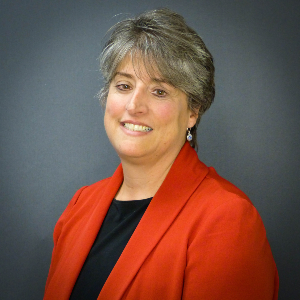Rural communities working to protect local children now have resources from Indiana University to fight sexual exploitation and human trafficking. The Community Engagement to End Child Sexual Exploitation initiative connects IU faculty with state and local officials to address sex crimes against children.
The IU Center for Rural Engagement, Eli Konwest and Teresa Nichols in the Hamilton Lugar School of Global and International Studies' Center for the Study of Global Change, and Deb Getz in the School of Public Health-Bloomington are partnering with Brown, Greene and Putnam counties to build multidisciplinary alliances, assess local assets, develop action plans and address specific community needs. Using evidence-based training and convening local, state, regional and national resources, this initiative will create coordinated, well-informed and well-equipped local teams in rural communities.

Human trafficking and online child exploitation are difficult to measure in existing data sets, and Indiana does not currently have an inclusive state-level system for tracking this information. The Community Engagement to End Child Sexual Exploitation initiative will collect and examine data that will support local and state law enforcement's analysis of these crimes.
"As youth learn more about their immediate environment and learn that not everyone is living in a safe place, they become alarmed, with a desire to make things safer," said Malea Huffman, extension educator for 4-H Youth Development in Greene County. "Our youth have incredible will and energy. The CEECSE project will help us better understand the current resources and needs to serve these youth and all within our community. Utilizing that needs assessment data to make our communities safe for all is a win-win."

Human sex trafficking of children is defined as "a commercial sex act induced by force, fraud or coercion, or in which the person induced to perform such act has not attained 18 years of age." Reported cases of human trafficking increased 84 percent in Indiana between 2015 and 2017. According to the National Human Trafficking Hotline, Indiana had 157 cases reported in 2019.
Online child exploitation most commonly includes grooming, live streaming, possession, dissemination and production of child sexual exploitation imagery, and coercing and blackmailing children for sexual purposes.
IU faculty and students will collaborate with the Alliance for Freedom, Restoration and Justice, a nonprofit humanitarian aid organization focused on supporting justice advocates and ending human trafficking, using the Engage Together Community Engagement Toolkit and accessible database. In combination with two training modules hosted by IU's Public Health and You platform and a thought leader summit, the project will create a replicable model for other rural communities to implement in their own efforts.
"Indiana's children and their well-being are paramount, and we are committed to supporting community efforts to keep Hoosier children safe," said Kerry Thomson, executive director of the Center for Rural Engagement. "With a multidisciplinary team at IU and dedicated local leaders and residents, we will strengthen safeguards and preventive measures that assist communities in ending abuse locally and across the state."


